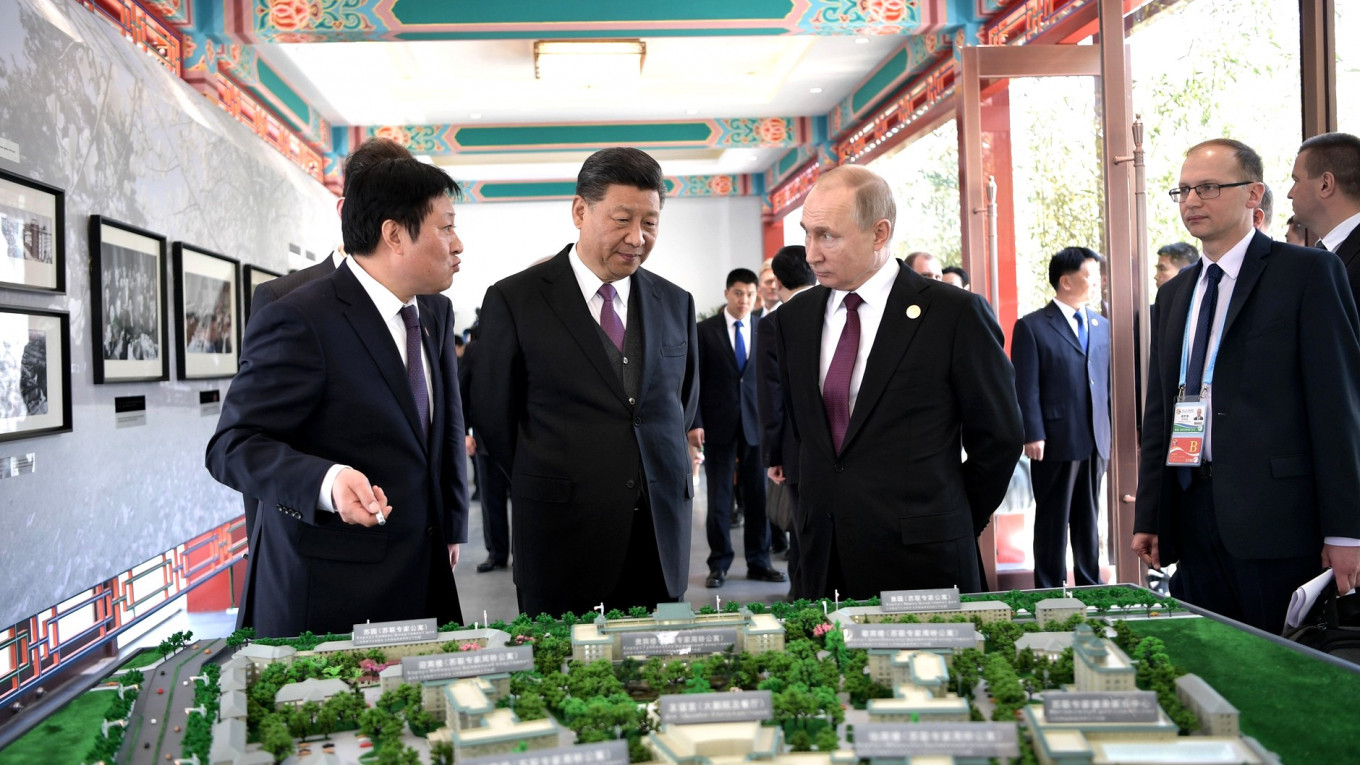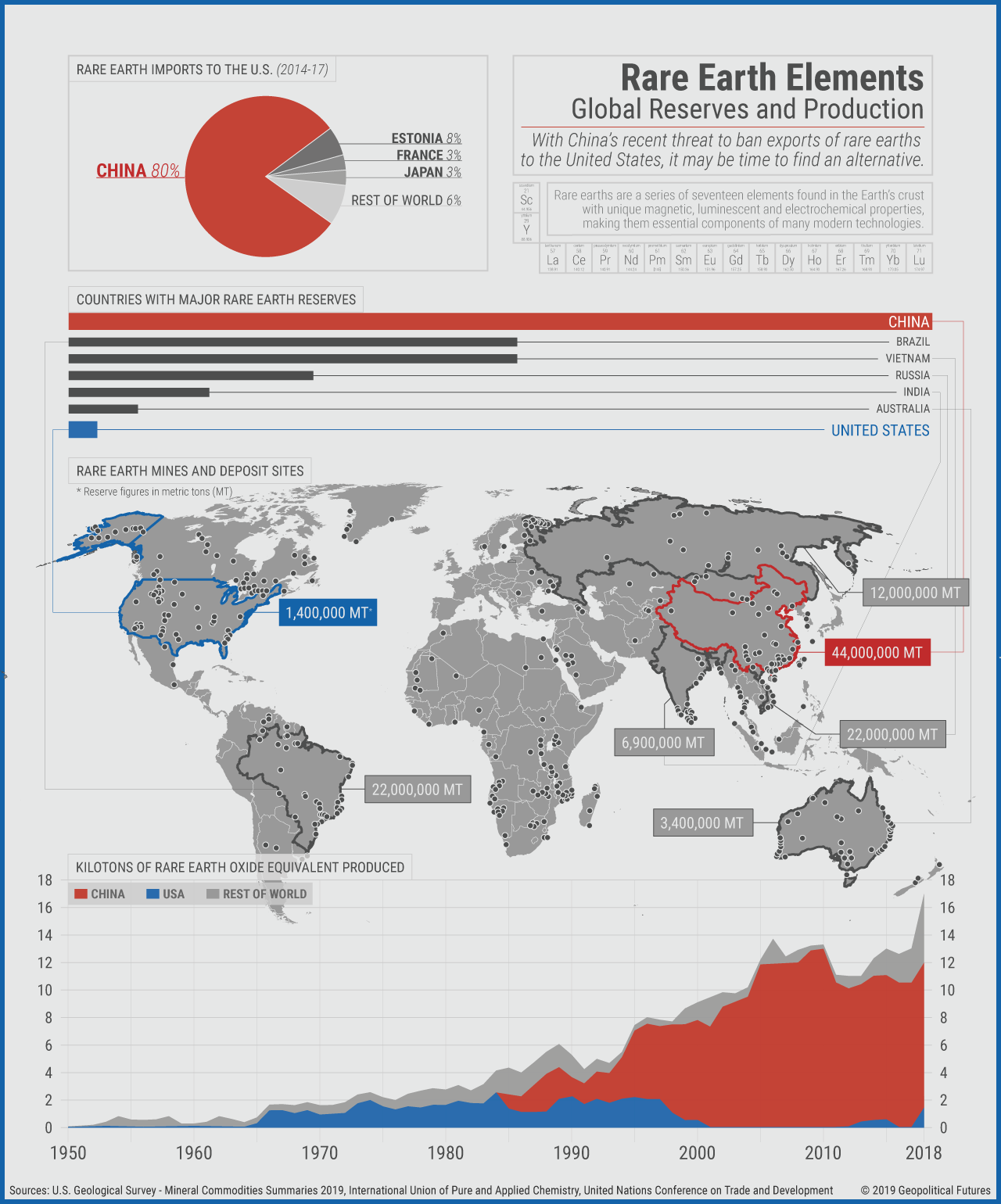By Vivek Mishra
 Altered national interests in the Indian Ocean are rapidly transforming the region into an arena of reoriented strategic disposition for traditional powers like the United States, France, Russia, and the U.K., as well as an area of emerging interests for China, Australia, and Japan. Since the Cold War, India has remained a peninsular witness to this pivotal shift in the region’s importance, but its recent policy reformulations vis-à-vis the Indian Ocean region and the larger Indo-Pacific are signs of growing awareness to the changes underway. However, despite the gains made, challenges remain in this important maritime domain of remerging Asian geopolitics.
Altered national interests in the Indian Ocean are rapidly transforming the region into an arena of reoriented strategic disposition for traditional powers like the United States, France, Russia, and the U.K., as well as an area of emerging interests for China, Australia, and Japan. Since the Cold War, India has remained a peninsular witness to this pivotal shift in the region’s importance, but its recent policy reformulations vis-à-vis the Indian Ocean region and the larger Indo-Pacific are signs of growing awareness to the changes underway. However, despite the gains made, challenges remain in this important maritime domain of remerging Asian geopolitics.
The new government in India starts on the back of quite a few gains, which seem to have consolidated its regional maritime strategy in the Indian Ocean region (IOR). Early in his last term, Prime Minister Narendra Modi significantly visited three important Indian Ocean countries, the Seychelles, Mauritius, and Sri Lanka, in 2015. In the following year, he visited Mozambique, South Africa, Tanzania, and Kenya, four littoral countries of the Indian Ocean. Besides these, in the last five years India has partly undone the damage to relations with its critical IOR neighbor, the Maldives; ties had suffered under the previous pro-China government in Male under Abdulla Yameen. As for strategic steps in the IOR, securing port access in Duqm, Oman for military use; India’s decision to develop its maiden deep-sea port in Indonesia’s Sabang; furthering talks for a possible military base at Assumption Island in the Seychelles; and securing logistics agreements with the U.S., France, and Singapore have been critical decisions for consolidating India’s regional naval presence as well as deterring external power dominance.


















